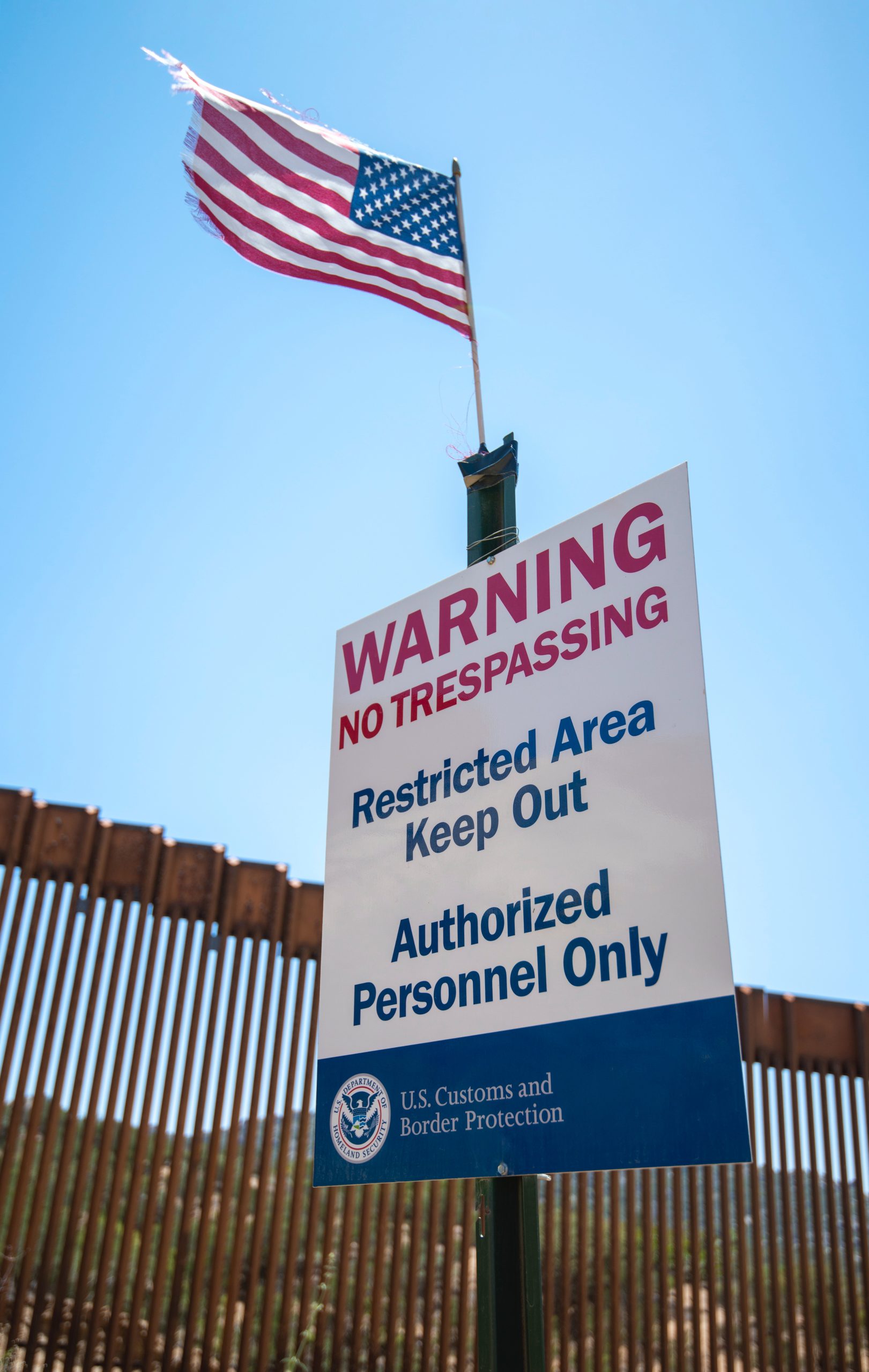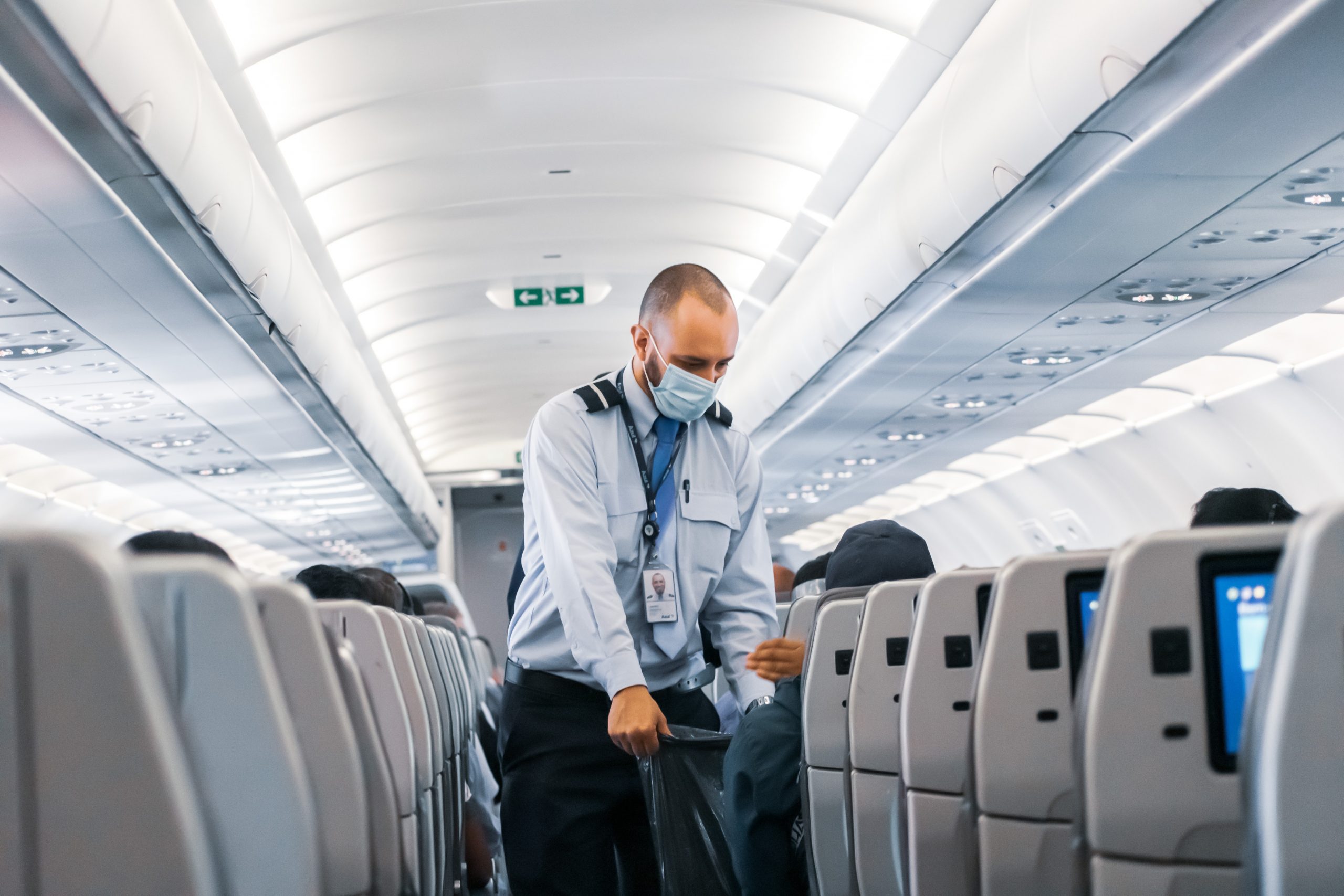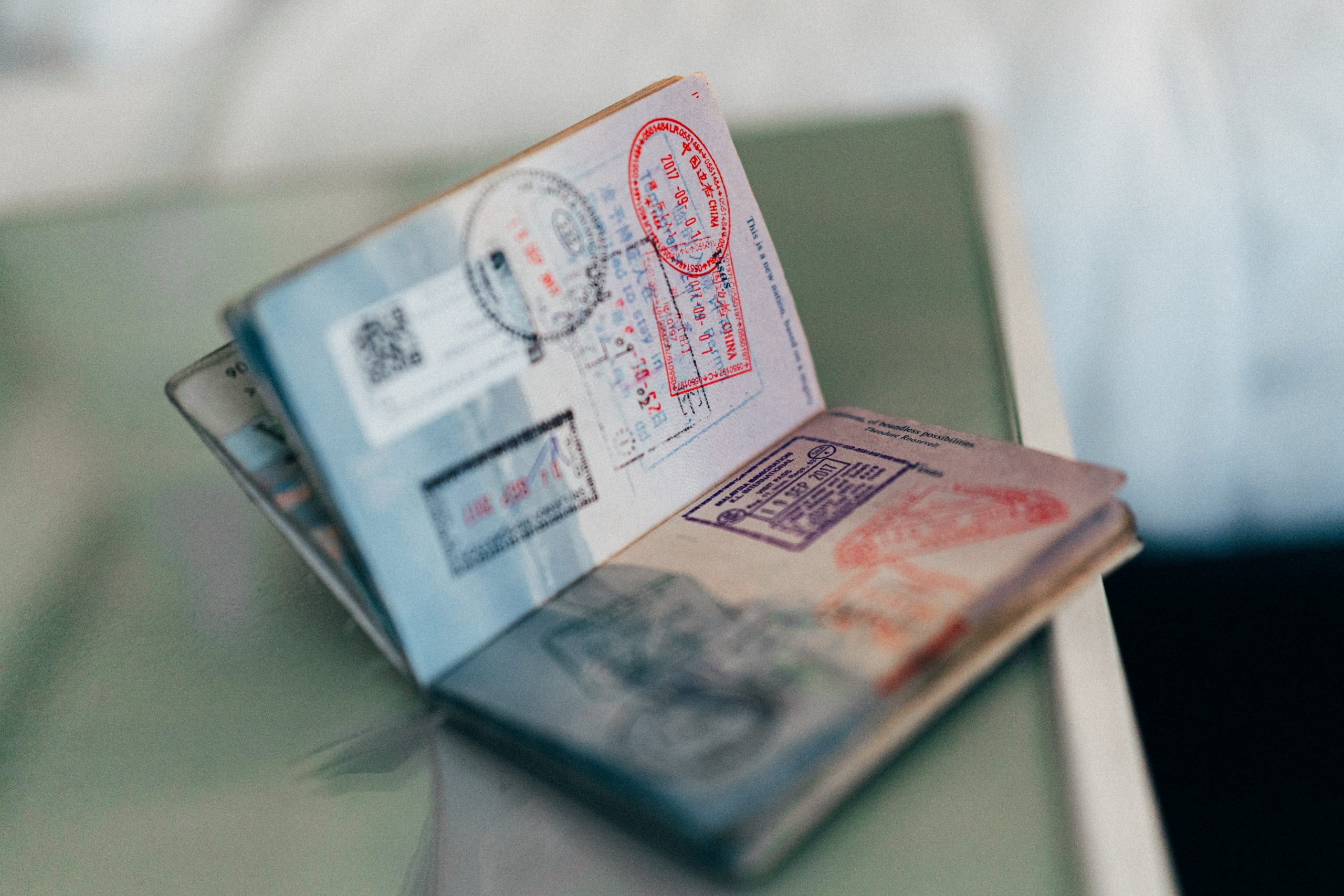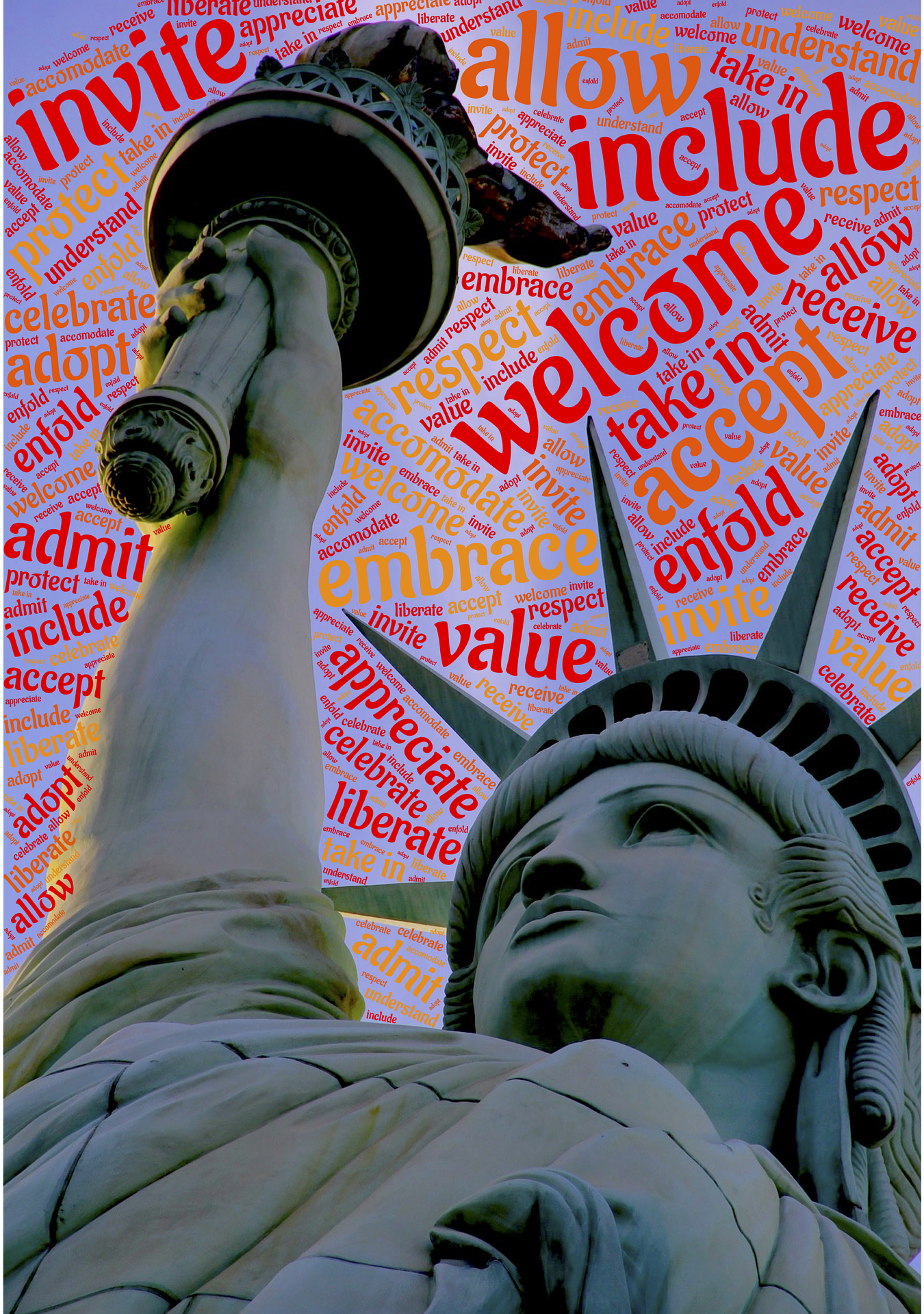
With a new year comes new travel restrictions. In this blog post, we share with you a recent announcement published in the Federal Register by the U.S. Customs and Border Protection.
CBP has just released a notice of action informing the public of a brand-new temporary travel restriction that will apply to certain unvaccinated travelers seeking to enter into the United States along U.S. land ports of entry, including ferry terminals (‘‘land POEs’’) with Mexico and Canada.
What is this new travel restriction all about?
According to the new directive announced on January 24th, land ports of entry along the United States-Mexico border and United States-Canada border will continue to suspend normal operations and will allow processing for entry into the United States of only those noncitizen non-LPRs who are ‘‘fully vaccinated against COVID–19’’ and can provide ‘‘proof of being fully vaccinated against COVID–19’’ upon request, as those terms are defined under Presidential Proclamation and the CDC’s Order.
Who will the restriction apply to?
These restrictions will apply to non-citizens who are neither U.S. nationals nor lawful permanent residents (‘‘noncitizen non-LPRs’’) with limited exceptions.
Under the temporary restrictions, DHS will allow processing for entry into the United States of only those noncitizen non-LPRs who are fully vaccinated against COVID–19 and can provide proof of being fully vaccinated against COVID–19 upon request.
When do these travel restrictions go into effect?
These restrictions went into effect at 12 a.m. Eastern Standard Time (EST) on January 22, 2022 and will remain in effect until 11:59 p.m. Eastern Daylight Time (EDT) on April 21, 2022, unless amended or rescinded prior to that time.
Are there any exceptions for unvaccinated travelers?
This travel restriction does not apply to U.S. citizens, U.S. nationals, lawful permanent residents of the United States, or American Indians who have a right by statute to pass the borders of, or enter into, the United States.
In addition, the following exceptions to these restrictions have been authorized for the following categories of noncitizen non-LPRs:
- Certain categories of persons on diplomatic or official foreign government travel as specified in the CDC Order;
- persons under 18 years of age;
- certain participants in certain COVID–19 vaccine trials as specified in the CDC Order;
- persons with medical contraindications to receiving a COVID– 19 vaccine as specified in the CDC Order;
- persons issued a humanitarian or emergency exception by the Secretary of Homeland Security;
- persons with valid nonimmigrant visas (excluding B–1 [business] or B–2 [tourism] visas) who are citizens of a country with limited COVID–19 vaccine availability, as specified in the CDC Order;
- members of the U.S. Armed Forces or their spouses or children (under 18 years of age) as specified in the CDC Order; and,
- persons whose entry would be in the U.S. national interest, as determined by the Secretary of Homeland Security.
Continue reading
 Visa Lawyer Blog
Visa Lawyer Blog











